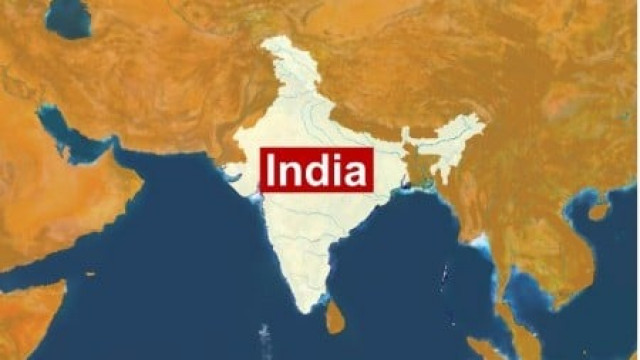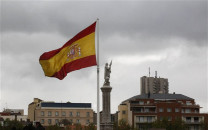City of joy, sometimes

City of joy, sometimes
Previously a main seat of the East India Company, the city is awash with colonial architecture. Along with the tedious heritage must-sees, such as the sterile and grandiose Victoria Memorial, the city centre boasts much late-Victorian brickwork, softened by local elements such as interior courtyards, delicate wrought iron balconies and intricate awnings, awash with foliage. That it’s largely faded, mottled and brittle with age lends itself to a romantic sense of decay, which I suspect is appreciated more ardently by the tourists than the residents. And on the topic of decay, one cannot emphasise quite enough just how surprisingly filthy this city is given that it’s undergone a massive clean-up effort in the last few decades. And it’s not like, say, Delhi, where poverty tends to be neatly tucked away, creating two cities of parallel realities. A walk in the posher environs yields oily, immovable black crows perched on enormous open garbage tips. The pungency of open drains floats up intermittently. It’s the type of city that puts you off biting your nails for fear of what your hand may have made contact with earlier. The true testament to the fetid decrepitude of the city is that, keeping in mind the number of Christian missions dotted across the world, all of whose staff work with varying degrees of selflessness in varying degrees of squalor, it was Calcutta’s Mother Theresa who found herself the world’s most famous leper-curer since Jesus. This is not a city in which to pose at a trendy bar, drinking an overpriced, overly complicated variant of coffee, wearing diamante sunglasses and holding a handbag on a gold chain. Streets may be choked with rubbish, but at least it’s not that type of rubbish. This is not to say that Calcuttans are all gloomy commies sitting at home mulling over Tagore. The restaurants, bars and hang-out spots on the main artery, Park Street, are brimming to the gills with pretty young things come dusk. Mocambo’s, a well-loved restaurant, located off Park Street, struggled to accommodate my table of six at dinner. Decked out with retro red vinyl banquettes, with chandeliers overhead, featuring an endless menu of European school food stables with a twist, used to once be the place for jazz bands and smoky-voiced songstresses. Its past may have been glorious but it’s not, mercifully, its selling point. My dinner companions included a few young Indian journalists, members of India’s booming middle class, one of whom piped up, apropos of nothing, as we sat chatting, dazed by our meals, “No offense, I’m so grateful to live in India, we have democracy.” This somewhat bald, deeply crass hiatus in dinner party banter was particularly jarring in one of the most civilised cities in the world.
Social refinement is always the first thing to take a hit in the face of rapid social mobility (one can make professional advancements in the New India quicker than one can learn how to appropriately address people after one has made them). India has every right to be very proud of itself, but I eagerly await the time when its freshly empowered citizens feel slightly more confident enough of their achievements to not have to manifest their pride in their country in the form of naked hostility and noxiously self-congratulatory nationalism.
Still, he was a tragically accurate representation of the increasingly ugly, smug, crass insularity that has developed hand in hand with India’s recent gold rush. God gives with one hand and takes with another; in this case God has given India Louis Vuitton outlets and done away with all good graces and a great deal of basic humanity. There is no sympathy here for the plight of one’s neighbours. There is merely anger, brittle pride and a page taken out of America’s book — that attempting to understand Pakistan’s problems is somehow condoning terrorism. You’re either in 100 per cent with India or against it — a more complex approach seems out of the question. Other than the case of India being largely blind to its own problems, the fact that people feel the need to compare themselves to unimportant, piddling, falling-apart-at-the-seams Pakistan in order to feel superior is a truly embarrassing state of affairs.



















COMMENTS
Comments are moderated and generally will be posted if they are on-topic and not abusive.
For more information, please see our Comments FAQ